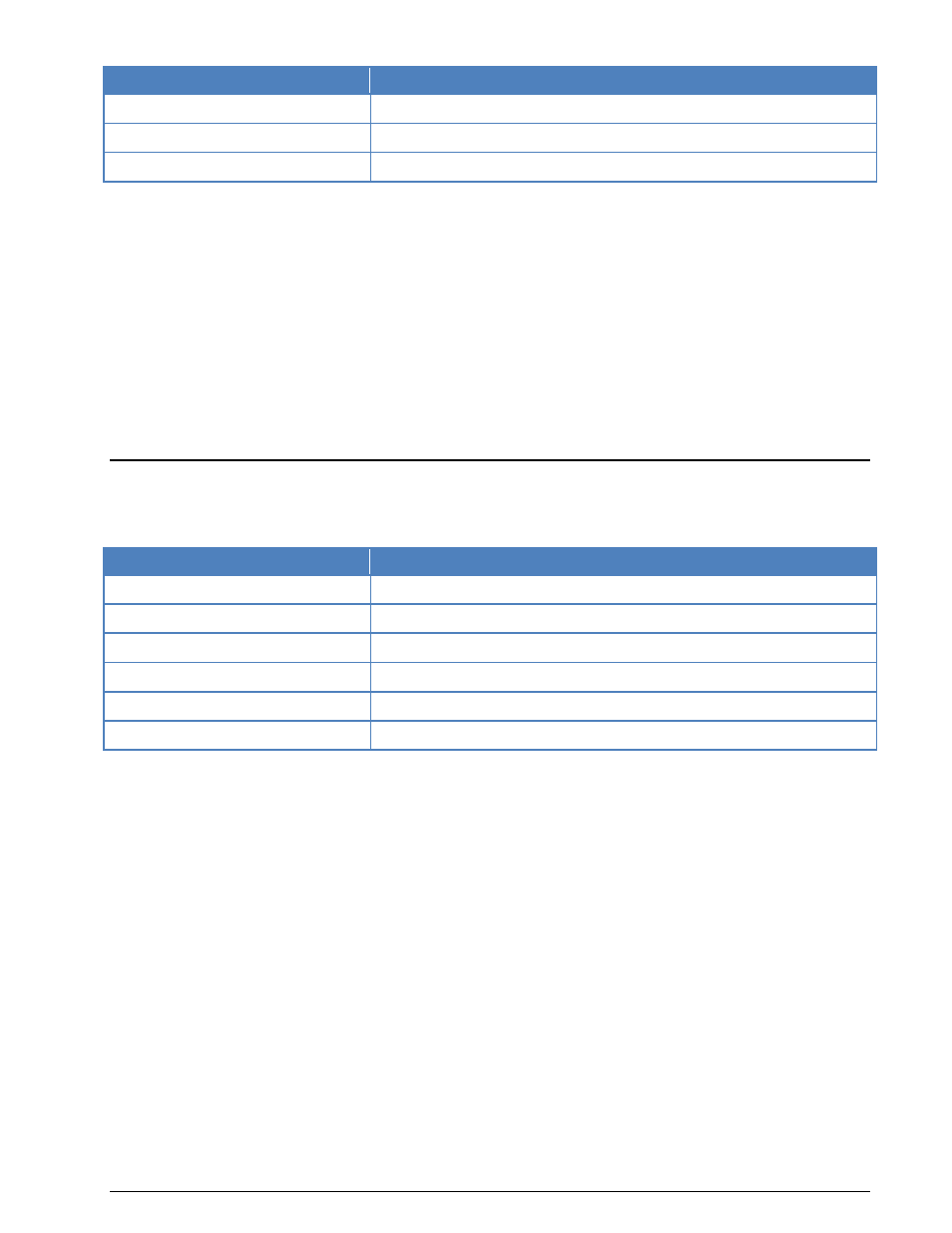Mfsk-20 – Wavecom W74PC V8.7.0 User Manual
Page 192

182
Transmission Modes
WAVECOM Decoder W74PC, W-PCI/e, W-CODE, W-CLOUD Manual V8.7.0
Parameter
Value
Receiver settings
FM BW = 40 kHz
Input format(s)
AF
Additional Info
IOC 288
The software is started in automatic mode by clicking on the Auto button or on Drum speed for manual
mode. In manual mode the correct display of the image is controlled using the Phase function in the Op-
tions menu.
The special items AM-Gain and AM-Offset are placed in the Demodulator menu. Centering of the signal
deviation on the bar graph is controlled by adjusting AM-Offset. In addition maximum deviation is re-
quired on the bar graph. This is done by adjusting AM-Gain. It should be noted that these two adjust-
ments are influenced by each other.
Meteosat reception requires a parabolic reflector and receiver. The AF output of the receiver may be fed
directly into the decoder, which converts it into a weather image viewing station providing excellent image
quality.
The decoder allows a continuous and smooth alignment of the image as it is being received from Op-
tions/Fine Speed. By using the Phase item in the Options menu the image can be shifted into the cor-
rect position. Flip Left-Right and Flip Top-Down will reverse the image or turn it upside down.
MFSK-20
MFSK-20 is a sequential 20 tone mode, which is optimized for the transmission of numeric codes. MFSK-
20 is similar to SP-14 and AUM-13.
Parameter
Value
Frequency range
HF
Operation modes
FSK, Broadcast/Simplex
Modulation
MFSK-20
Speed
100 ms, 50 ms
Receiver settings
DATA, CW, LSB or USB
Input format(s)
AF, IF
Most of the tones have been assigned a character:
10 tones are assigned to the numerals 0..9
One tone is used as an idle character
One tone is used as a space character
One tone is used as a repetition indicator
Six tones are assigned to characters
All other tones are undefined.
A transmission is initiated with a start sequence, which identifies this mode and may be used for accurate
tuning. This sequence is transmitted at 1 Baud, which makes it readable even during very unfavorable
conditions.
The data is transmitted at a rate of 10 or 20 Baud. A block synchronization sequence is initially transmit-
ted followed by the five digit code words. If more than one block is transmitted, a block synchronization
sequence is inserted between the different blocks. As the transmission rate is very low this mode is insen-
sitive to fading and multipath propagation.